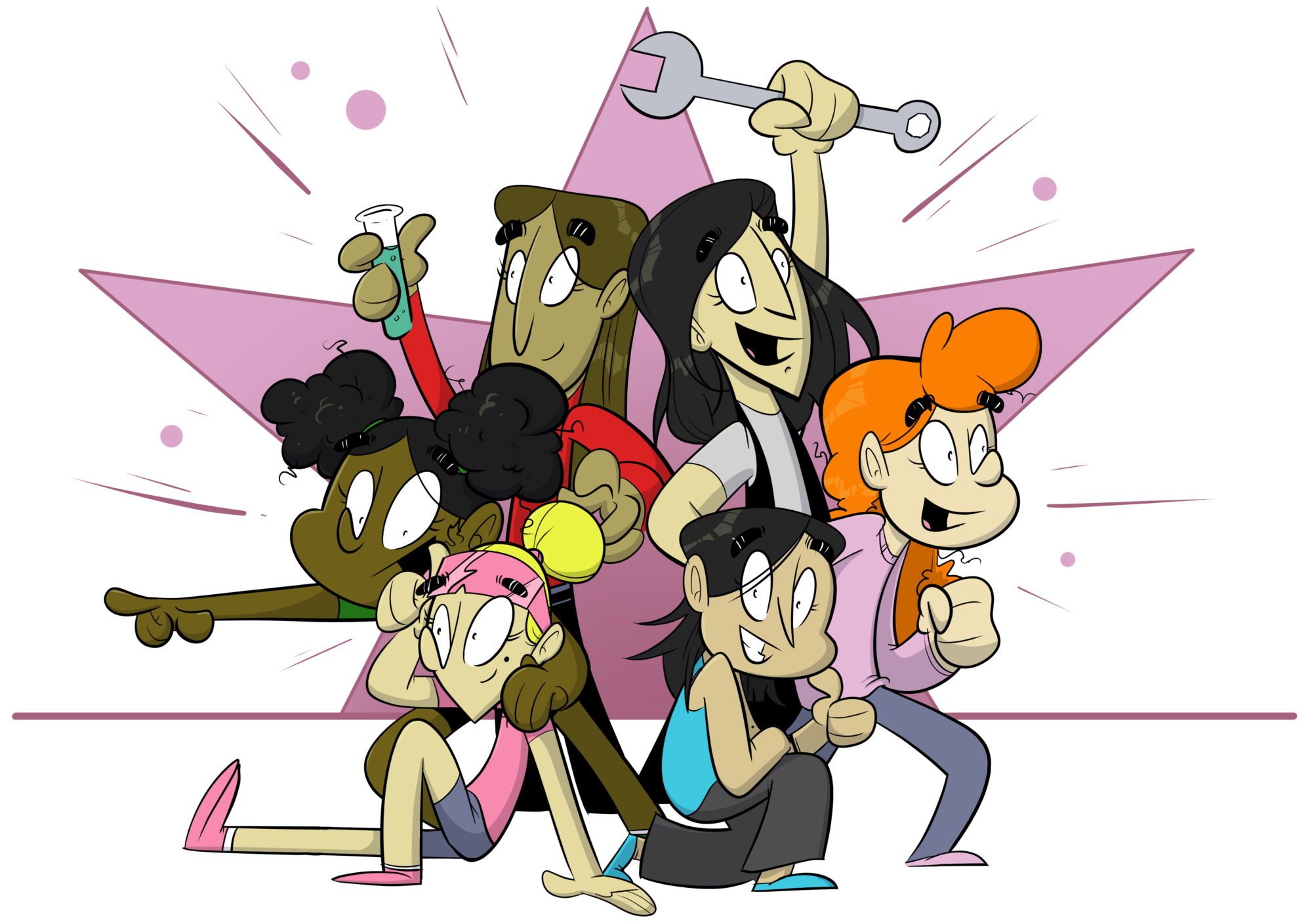“Quit” is often viewed as a bad word; synonymous with failure. People are scared of the concept of quitting. When you quit, you often feel like you’re disappointing someone. You may even feel like you’ve waste your time. giving up on something. You may even fear the idea of trying something different. However, if you acknowledge the reason why you’re scared to quit, you can overcome the fear, and start on a path to a happier life.
Fear of disappointing
One of the reasons people are afraid to quit is a fear disappointing someone else. As children, we often begin an activity because our parents encouraged us to: maybe they played softball as a child, and they think we will enjoy it just as much. Parents can invest a lot of time and money for their child to participate in an activity, and children don’t want to feel like they’ve wasted their parents’ resources, so they go along in an activity, being miserable the whole time.
This fear of quitting or disappointing others carries into adulthood. Women may feel like they can’t stand up for what they want because they will disappoint someone in the process. There may be a better job opportunity within their current company, but your engirlneer feels like she owes her employer something. She could see that the employer has invested a lot of time and money into training her, and she feels a loyalty to the company. However, we need to teach our engirlneers that they should never stick with something that makes them unhappy just to please someone else. She needs to jump at every opportunity to better her life and increase her happiness.
There will always be a new employee to replace her position if she leaves. Her absence is not going to completely break a company. The hard truth is that in our current economy and corporate fields, employers look after their best interests. While it may seem ungrateful, or selfish, individuals need to be looking after their careers and happiness just as much as corporations look after their own success.
This attitude needs to be taught at a young age. You need to encourage your engirlneer to be open and honest about the activities she is involved in, and whether she is happy doing them. If she tells you she wants to quit something, sit down, have a conversation, and figure out a different activity that will allow her to grow but she will enjoy in the process. Teaching your engirlneer to think critically about her likes and dislikes and having her learn to express those same feelings will help her in every aspect of her professional, academic, and personal life. Self-reflection is an important skill for her to master.
Fear of wasted time
Another reason we have such a hard time quitting something is because we have invested so much time, money, and energy into it. Students are graduating college with an absurd amount of debt. If they discover they don’t enjoy the career they’re in, they feel like they’ve wasted an incalculable time and resources.
A person can spend decades in a career that isn’t satisfying just because they’re too stubborn to change direction. Instead of facing their disappointment head on and changing careers, they jump from employer to employer trying to satisfy a craving that they never will.
The important thing to teach your engirlneer is that life is a journey and choosing to go a different direction does not negate all the hard work she put in. No one would continue to walk toward the end of a cliff purely because they didn’t want to add another 5 miles to their journey. Changing direction can be the best thing for her.
Additionally, even if she wants to change careers, she has most certainly learned valuable skills from the career she started with. These skills will translate to multiple careers, whether it’s her ability to communicate, work with technology, or manage and coordinate projects. These skills don’t disappear because it no longer fits into her defined position requirements.
This same philosophy applies in every aspect of life, whether it’s professional activities, personal relationships, or leisure activities. The important thing is to realize what skills she has learned so she can pack them with her for the next journey.
Fear of the unknown
The fear of the unknown is a huge reason why people are afraid to quit. “The grass isn’t always greener,” is thrown out by employers a lot to persuade an unhappy employee to continue in a position that isn’t the right fit for them. Help your engirlneer understand that oftentimes, employers utilize this form of intimidation because they don’t want to be in the position of hiring someone new to do her work. While your engirlneers IS replaceable, it may cost a company more money to ensure someone is trained properly to take over her position.
Your engirlneer could also be unhappy with her current job, but she at least knows what to expect. She may know she is respected, has a stable job, will get a standard of living raise every year, and can go on vacation without it becoming an issue with her supervisor. When a new offer comes her way, she may hesitate because she worries it will be even worse. She needs to remember how unhappy she is at her current position, and realize that while there is a chance the job turns out to be worse than her current one, it could also turn out to be much more fulfilling and enjoyable for her.
When I hear someone say they turned down a job because they weren’t sure it would be any better, I think about the people that nearly cause a car wreck because they realized they are about to miss their exit, so they cut across four lanes of traffic. In the end, the person could’ve just taken a different exit and turned around. Similarly, nothing with a career is finite. If your engirlneer changes a company or a career, and she hates it, SO WHAT?!? She will have another opportunity to go somewhere else. Teach your engirlneers to take a chance for her happiness, and if that doesn’t work out, she can change again.
At the end of the day, your engirlneer should always put her happiness at the forefront of her choices. She should never let a fear of disappointing others, fear of wasted time, or fear of the unknown prevent her from trying something new. Sometimes to try something new you have to quit something you’re used to. Taking that chance could be the best thing she’s ever done.






 But with a little imagination, some new hairstyles, and a quick change of clothes (some of which are courtesy of Ken), these dolls quickly transform into the Engirlneers Tatiana, Sally, Betty, Gillian, Chloe, and Elan.
But with a little imagination, some new hairstyles, and a quick change of clothes (some of which are courtesy of Ken), these dolls quickly transform into the Engirlneers Tatiana, Sally, Betty, Gillian, Chloe, and Elan.